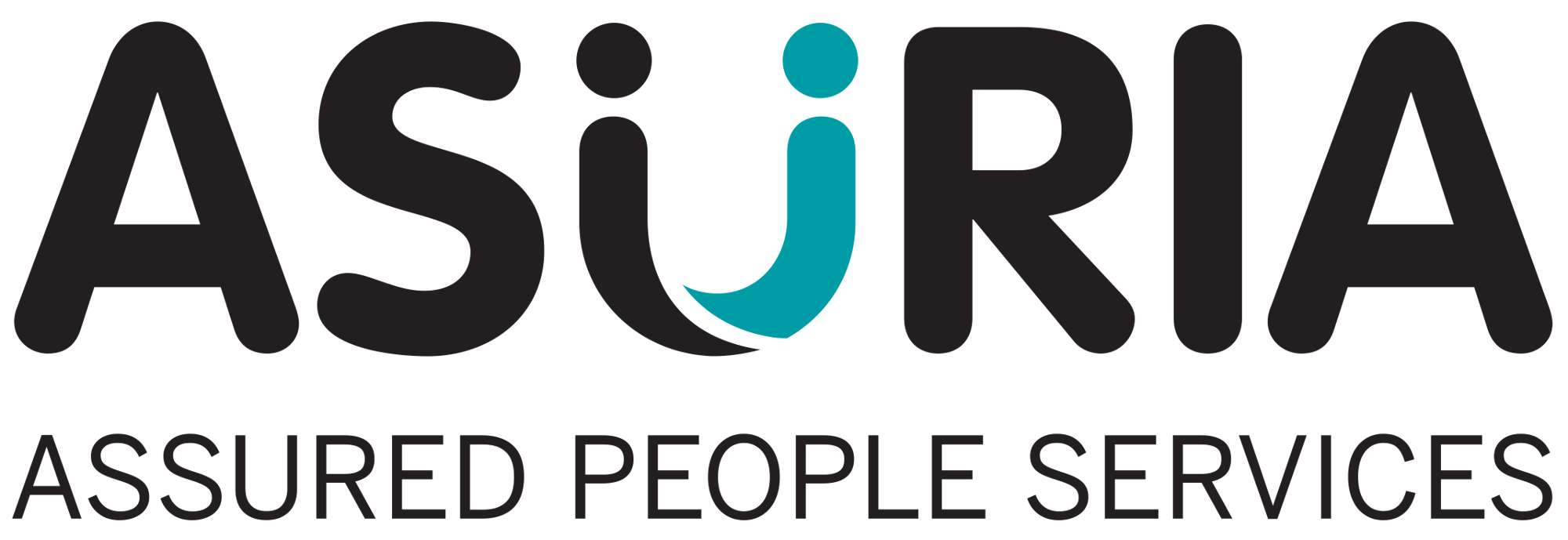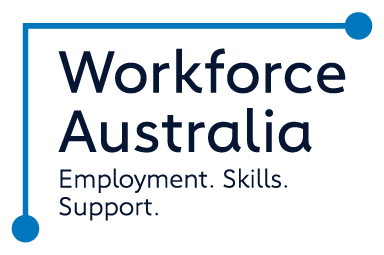Choosing a trade is a big decision, but it shouldn’t be intimidating or paralysing. On the contrary, your work will determine how you spend your time, and it will open opportunities for advancing your skills and meeting new people.
In this article, we’ll provide guidance for Victorian job seekers and information on how Jobs Victoria Employment Services (JVES) can help you reach your career goals.
What is JVES?
Jobs Victoria Employment Services provides personalised employment support to people at risk of long-term unemployment or who have experienced stretches of unemployment. Giving support is simple: expert job mentors work with job seekers to help them get work-ready.
Additionally, JVES mentors introduce job seekers to employers who are excellent matches for their skills and qualifications. In this way, JVES helps both employers and people seeking work in Victoria.
Choosing a Trade: Things to Consider
With this background on JVES, you know about a valuable local resource for helping you find a suitable trade. And in the rest of this article, we’ll look at some questions you can ask yourself as you explore possibilities for your future career.
What work environments suit my personality and interests?
You have interests and a personality that are best suited to particular environments and types of jobs. To land in the right trade, ask yourself what you enjoy doing. Where do you feel most comfortable?
According to Holland’s Theory of Career Choices, there are six specific personality types:
- - Conventional
- - Realistic
- - Social
- - Investigative
- - Artistic
- - Enterprising.
These personality categories correspond to different kinds of work environments and occupations. Therefore, by thinking about your personality type, you can narrow down your trade options.
What are my strengths?
Everyone has strengths that help with specific jobs. What are you good at? What comes naturally to you? Consider your past experiences, whether in school or employment situations and make a list of your skills and natural abilities. By capitalising on your strengths, you can thrive in your trade.
What skills can I learn?
You already have a set of valuable skills, but you’ll make yourself more valuable to employers if you add new proficiencies. Many skills can be learned through on-the-job training and formal education, but some skills are harder to quantify. For instance, you might take a course that helps you learn to operate a machine, but it’s harder to get certified in soft skills like leadership and teamwork. Both kinds of skills can be documented on your resume, though, so don’t discount specific skills because you can’t prove their certification.
What education do I need?
In many trades, workers need some type of postsecondary education or training. In others, however, you might need an apprenticeship or traineeship. Your JVES mentor can help you identify courses or on the job traineeships or apprenticeships that provide vital credentials. Research the education or training you’ll need for trades you’re interested in, and look at things like admission requirements, availability, length of the program and subjects to study. It would be best if you also considered the cost as you evaluate possibilities.
Is there an opportunity for growth?
Some jobs offer opportunities for advancement and growth, while others will have limited options. If you hope for increased responsibilities and promotions in the future, it’s a good idea to research the types of advancement offered in particular trades.
What is the industry’s outlook?
Trades vary in their growth rates over time. For instance, there’s been a reduced need for travel agents since people have been able to book their own flights on the internet. So it would help if you looked at a trade’s outlook before committing yourself to training and career development.
How competitive are jobs in this trade?
Some positions are more competitive than others due to openings, work culture and environment. For example, in some highly desirable trades, you’ll have to compete with lots of other applicants for jobs. So research what the competition is like for your future career and decide if you’re willing to handle it. However, if you feel passionate about a particular line of work, don’t allow competition to dissuade you from it.
Jobs Victoria Mentor Services
As you explore potential trades and zero in on a decision, a Jobs Victoria Mentor can help. Get work-ready for a career that will offer long-term potential and life-enriching experiences.
As a Jobs Victoria Partner, we help job seekers prepare for employment through mentoring, training and development. We also work closely with local employers to identify exactly the types of skills and experience they’re seeking.
To learn more about Jobs Victoria Mentor Services or find out what other programs you might qualify for, get in touch with us at Asuria. We’ll consult with you to determine your eligibility and help you choose the trade that suits you best.








